Chess represents far more than an ancient board game—it’s a powerful educational tool that develops critical thinking, strategic planning, patience, and resilience in students of all ages. Schools implementing chess programs consistently report improvements in academic performance, behavioral outcomes, problem-solving abilities, and student confidence that extend well beyond the chessboard into every aspect of learning.
The game’s inherent structure teaches valuable life lessons: every action has consequences, planning ahead matters, mistakes offer learning opportunities, and success requires both tactical execution and strategic vision. These lessons translate directly into academic excellence, career success, and personal development, making chess one of the most impactful extracurricular activities schools can offer.
This comprehensive guide explores why chess belongs in every school, the educational benefits that make it uniquely valuable, practical strategies for implementing successful chess programs, and how schools can celebrate chess achievements alongside athletic and academic excellence. Whether you’re establishing a chess club for the first time or enhancing an existing program, these evidence-based approaches will help you build a thriving chess culture that develops student potential while creating a more well-rounded educational experience.
The Educational Power of Chess
Before implementing chess programs, understanding the profound educational benefits helps schools appreciate why chess deserves investment and support equal to other academic and extracurricular activities.
Cognitive Development Benefits
Chess provides exceptional cognitive training that strengthens mental capabilities applicable across all learning:
Critical Thinking and Analysis
Every chess position requires analysis—evaluating multiple possible moves, anticipating opponent responses, weighing risks and benefits, and selecting optimal actions under time pressure. This analytical process mirrors the critical thinking demanded in mathematics, science, reading comprehension, and complex problem-solving across disciplines. Students who regularly engage in chess analysis develop stronger critical thinking reflexes that activate automatically when facing academic challenges.
Unlike rote memorization that produces surface-level knowledge, chess cultivates deep thinking about cause and effect, pattern recognition, and logical consequence—precisely the cognitive skills that distinguish strong students who can apply knowledge flexibly from those who struggle beyond memorized facts.
Strategic Planning and Foresight
Chess players must plan several moves ahead, anticipating how current decisions will create future opportunities or vulnerabilities. This forward-thinking capability translates directly into academic success, where long-term planning distinguishes students who complete major projects effectively from those who procrastinate and struggle.
Research shows that chess training improves students’ ability to plan research papers, break complex assignments into manageable steps, and maintain focus on long-term goals despite immediate distractions—executive function skills that predict academic and life success more strongly than raw intelligence measures.
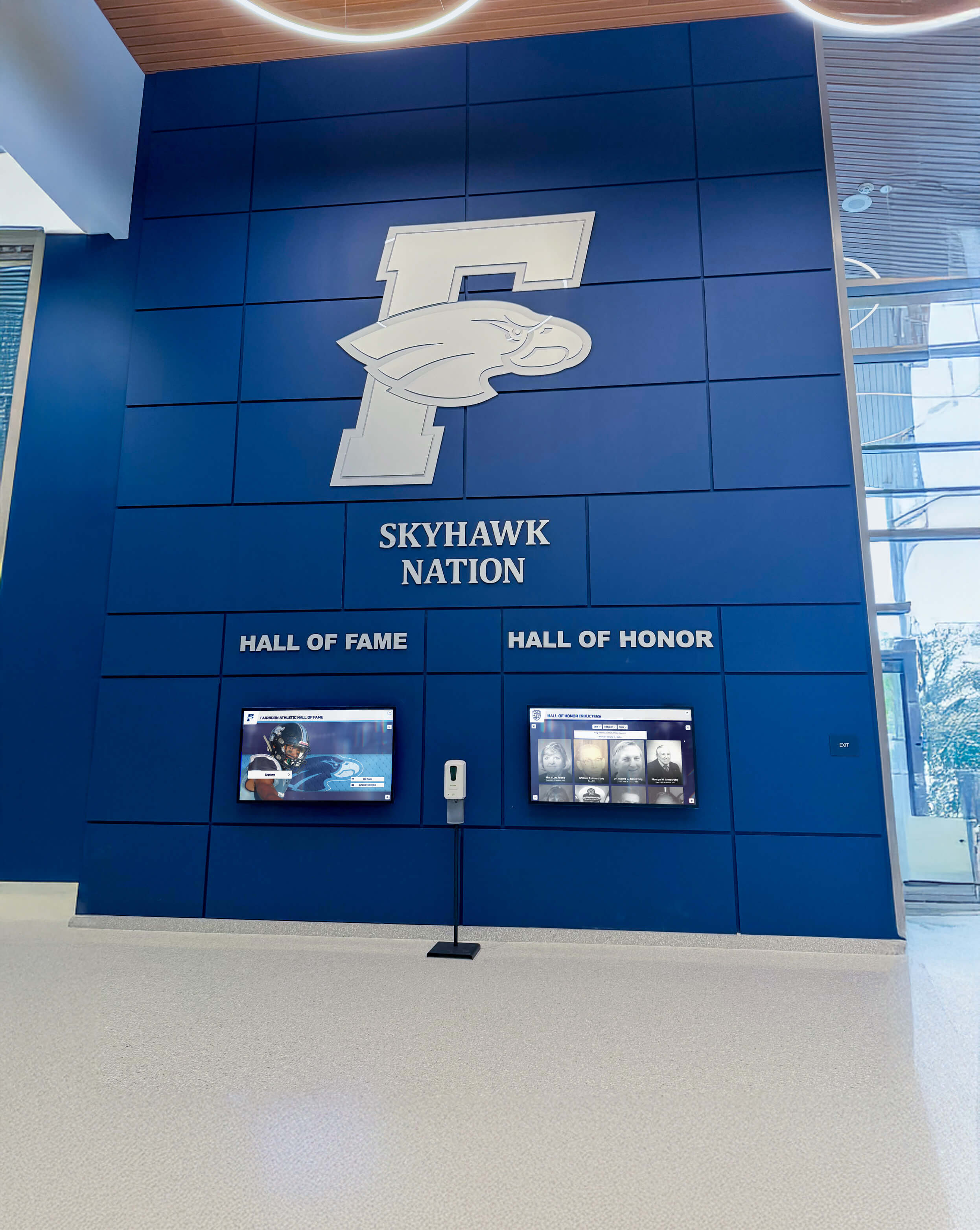
Pattern Recognition and Problem Solving
Chess mastery requires recognizing tactical and strategic patterns—pawn structures, piece coordination, common attacking formations, and defensive setups. Pattern recognition represents a fundamental learning mechanism underlying expertise in virtually every domain from mathematics to language arts to science.
Students who develop strong pattern recognition through chess apply these skills across subjects: identifying mathematical relationships, recognizing grammatical structures, understanding scientific principles, and discerning historical patterns. The transferable nature of pattern recognition makes chess particularly valuable as an educational tool with benefits extending far beyond the game itself.
Memory and Concentration
Chess demands sustained concentration while tracking multiple pieces, remembering previous moves, recalling studied openings and endgames, and maintaining strategic plans over extended periods. This intensive mental workout strengthens working memory—the cognitive system that holds and manipulates information during complex tasks.
Improved working memory capacity supports better performance in reading comprehension (tracking storylines and details), mathematics (holding multiple calculation steps), science (connecting concepts), and virtually every academic task requiring simultaneous processing of multiple information elements.
Academic Performance Improvements
Beyond general cognitive development, chess produces measurable improvements in specific academic areas:
Mathematics Achievement
Multiple studies demonstrate chess training correlates with improved mathematics performance, particularly in areas requiring logical reasoning and spatial visualization. Chess players develop comfort with abstract thinking, sequential logic, and pattern-based problem solving—precisely the cognitive skills underlying mathematical competence.
A landmark study published in the Journal of Educational Psychology found that students receiving chess instruction showed significantly greater mathematics achievement gains compared to control groups, with particularly strong benefits for students from disadvantaged backgrounds. The game’s inherent mathematical structure—calculating piece values, evaluating positional advantages, analyzing probability—provides practical application of mathematical thinking in an engaging context.
Reading Comprehension Enhancement
Chess requires students to “read” positions—interpreting complex visual information, understanding relationships between elements, predicting future developments, and extracting meaning from patterns. These cognitive processes mirror the mental operations underlying reading comprehension: making inferences, predicting outcomes, understanding relationships, and constructing mental models from symbolic information.
Research from schools implementing chess programs consistently reports reading comprehension gains, particularly for students initially struggling with literacy. The focused attention chess cultivates and the analytical thinking it develops transfer directly into stronger reading abilities.
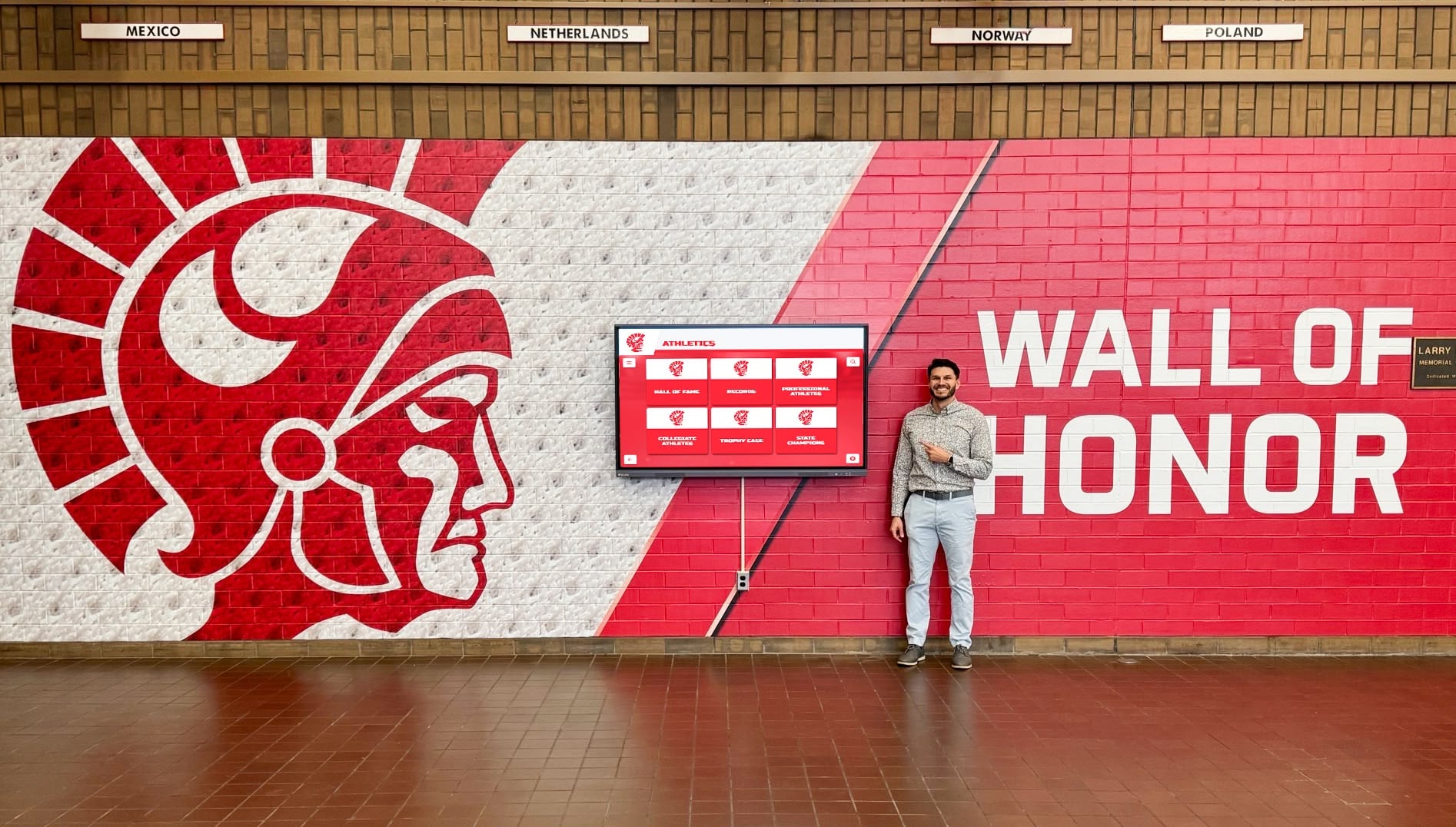
Executive Function Development
Executive functions—the cognitive processes controlling planning, working memory, attention, inhibition, and cognitive flexibility—predict academic success more strongly than IQ scores. Chess provides intensive executive function training through every game:
- Planning: Developing multi-move strategies requires sustained planning capabilities
- Working Memory: Tracking piece positions and calculating variations exercises working memory
- Inhibition: Resisting impulsive moves cultivates self-control and careful deliberation
- Cognitive Flexibility: Adapting plans when opponents surprise you develops mental flexibility
- Attention Control: Maintaining focus over extended games strengthens sustained attention
Students developing these executive functions through chess apply them automatically to academic tasks, homework completion, test-taking, and long-term project management.
Social-Emotional Learning Through Chess
Beyond cognitive benefits, chess develops crucial social-emotional capabilities that support student wellbeing and success:
Resilience and Growth Mindset
Chess players lose frequently—even world champions lose games regularly. This consistent exposure to setback within a safe context teaches resilience and growth mindset. Students learn that losses provide learning opportunities rather than representing permanent failure, that improvement comes through analysis and practice rather than innate talent, and that persistence overcomes obstacles.
These lessons prove invaluable when students face academic challenges, social difficulties, or personal setbacks. Chess players develop comfort with struggle as part of the learning process rather than viewing difficulty as evidence of inadequacy.
Emotional Regulation Under Pressure
Competitive chess requires maintaining composure when losing positions become apparent, managing time pressure during critical moments, and controlling frustration when plans fail. Students practicing these emotional regulation skills in chess contexts develop better ability to manage test anxiety, classroom stress, peer conflicts, and other emotional challenges inherent in school life.
Sportsmanship and Respect
Chess culture emphasizes respect for opponents, grace in victory and defeat, adherence to rules even when unsupervised, and appreciation for the game itself beyond just winning. These values transfer into broader school culture as chess players bring sportsmanship attitudes into classrooms, other activities, and social interactions.
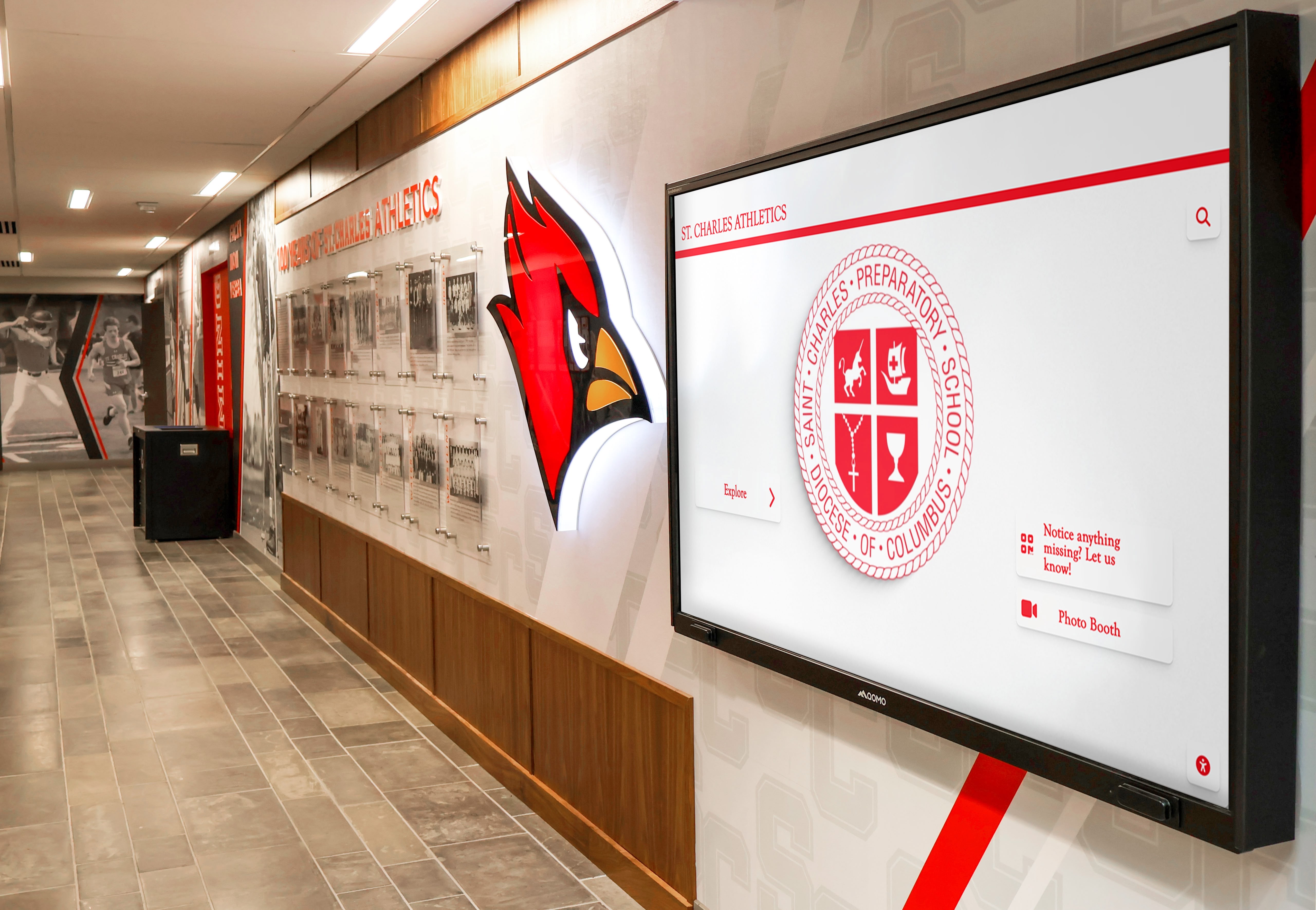
Inclusive Achievement Opportunities
Chess provides achievement pathways independent of physical ability, athletic talent, artistic inclination, or prior academic standing. Students who may not excel in traditional sports or performing arts find intellectual competition and mastery in chess. This inclusivity ensures more students experience achievement recognition and develop confidence through demonstrable improvement and competitive success.
The game’s universal rules and objective rating systems create fair competition where success depends purely on strategic thinking and preparation rather than subjective judgments, physical attributes, or socioeconomic advantages. This meritocracy appeals strongly to students seeking clear pathways to improvement and recognition based purely on intellectual effort.
Implementing Successful School Chess Programs
Understanding benefits establishes why chess matters—successful implementation requires systematic approaches that make programs accessible, sustainable, and engaging for students.
Establishing School Chess Clubs
Well-organized chess clubs provide regular opportunities for students to play, learn, and develop their abilities in supportive environments.
Foundational Elements
Faculty Advisor Selection
Effective chess clubs need dedicated faculty advisors, though chess expertise proves less important than enthusiasm and organizational commitment. Strong advisors:
- Maintain consistent meeting schedules throughout the school year
- Create welcoming environments for players of all skill levels
- Connect students with instructional resources and competitions
- Communicate with parents about program opportunities
- Recognize and celebrate student achievements
- Secure administrative support and resources
Schools lacking faculty with chess backgrounds can partner with local chess organizations, recruit parent volunteers with chess experience, or utilize online instructional resources that enable non-expert advisors to facilitate effective programs.
Meeting Structure and Frequency
Successful clubs typically meet 1-2 times weekly for 60-90 minutes, providing consistent opportunities without overwhelming schedules. Effective meeting structures balance multiple components:
- Instruction Time (20-30 minutes): Teaching tactical patterns, strategic concepts, opening principles, or endgame techniques appropriate to skill levels
- Practice Games (30-40 minutes): Students play rated club games with time controls, recording moves when possible for later analysis
- Analysis and Review (15-20 minutes): Reviewing interesting games, discussing critical positions, analyzing tactical puzzles together
- Tournament Preparation: Before competitions, practicing tournament conditions including time management and notation
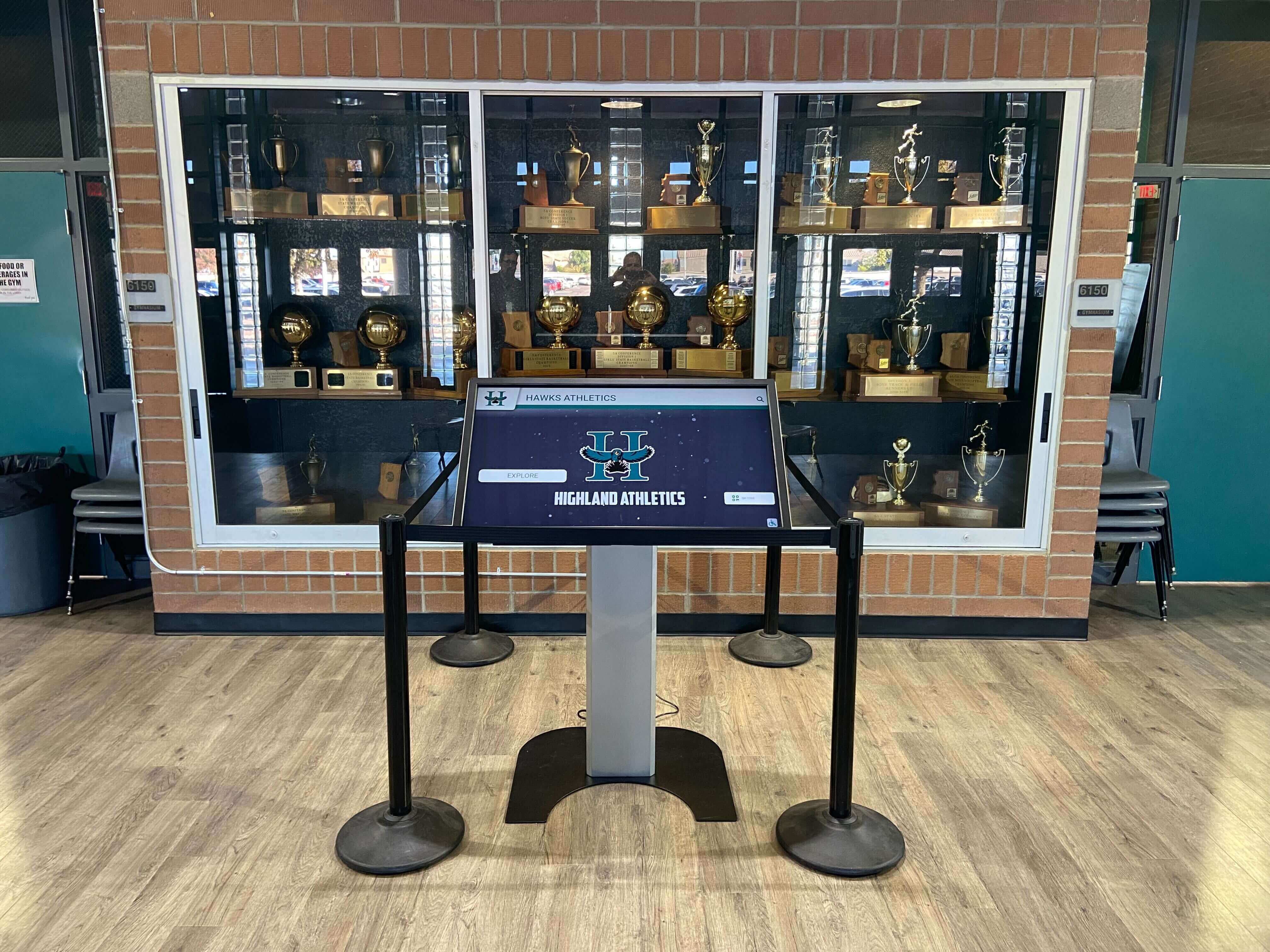
Skill Level Differentiation
Effective programs serve students across all ability levels—from beginners learning piece movements to advanced players pursuing tournament success. Strategies for differentiated programming include:
Beginners (Learning Rules and Basic Tactics)
- Focus on foundational concepts: piece values, basic tactical patterns (forks, pins, skewers), elementary checkmates
- Simplified positions and mini-games isolating specific concepts
- Patient instruction emphasizing that everyone starts as a beginner
- Pairing with patient intermediate players for mentoring games
Intermediate Players (Developing Strategic Understanding)
- Opening repertoire development for consistent strong starts
- Strategic principles: piece activity, pawn structure, king safety, space advantages
- Tactical pattern recognition through puzzle training
- Analysis of their own games identifying recurring mistakes
- Introduction to chess literature and instructional resources
Advanced Players (Competitive Tournament Preparation)
- Deep opening preparation in chosen systems
- Complex strategic themes and positional judgment
- Endgame technique for converting advantages
- Tournament psychology and time management
- Preparation for specific opponents based on game databases
- Connection with regional coaches or competitive clubs
Multi-level clubs succeed by creating peer instruction opportunities where stronger players mentor beginners, by running simultaneous instructional stations focusing on different concepts, or by dedicating alternate sessions to different skill groups.
Equipment and Resources
Quality chess programs require modest but essential equipment:
- Chess Sets: Sturdy tournament-style sets with roll-up boards (15-20 sets for typical clubs)
- Chess Clocks: Digital clocks teaching time management (10-15 for clubs, needed for competitive play)
- Demonstration Board: Large wall-mounted board for group instruction
- Chess Notation Books: Teaching students to record games for later analysis
- Instructional Materials: Books, videos, or software appropriate for various skill levels
- Rating System Access: USCF memberships enabling students to earn official ratings
Total startup costs typically range from $500-$1,500—modest compared to most other extracurricular activities while serving unlimited students over many years as equipment lasts.
Instructional Approaches and Curriculum
Progressive Skill Development
Effective chess instruction follows logical progression from fundamental concepts through increasingly sophisticated understanding:
Level 1 - Basic Rules and Piece Movement
- How pieces move and capture
- Check, checkmate, and stalemate recognition
- Basic checkmate patterns (king and queen, king and rook)
- Fundamental opening principles (control center, develop pieces, castle king)
- Elementary tactical patterns (forks, discovered attacks)
Level 2 - Tactical Pattern Recognition
- Pin, skewer, double attack mastery
- Removing defenders and undermining
- Clearance and interference tactics
- Tactical puzzles developing pattern recognition
- Calculating short forced sequences
- Introduction to opening principles and common openings
Level 3 - Strategic Understanding
- Pawn structure evaluation and long-term planning
- Piece activity and coordination
- King safety in middlegame and endgame
- Space advantages and prophylactic thinking
- Positional versus tactical opportunities
- Transition between game phases
- Opening repertoire development
Level 4 - Advanced Concepts
- Deep positional evaluation
- Complex strategic plans spanning many moves
- Advanced opening preparation and theoretical knowledge
- Sophisticated endgame technique
- Psychological aspects and competitive strategy
- Analysis methodology and self-improvement techniques
This progressive structure ensures students build solid foundations before advancing to complex concepts that depend on earlier understanding.
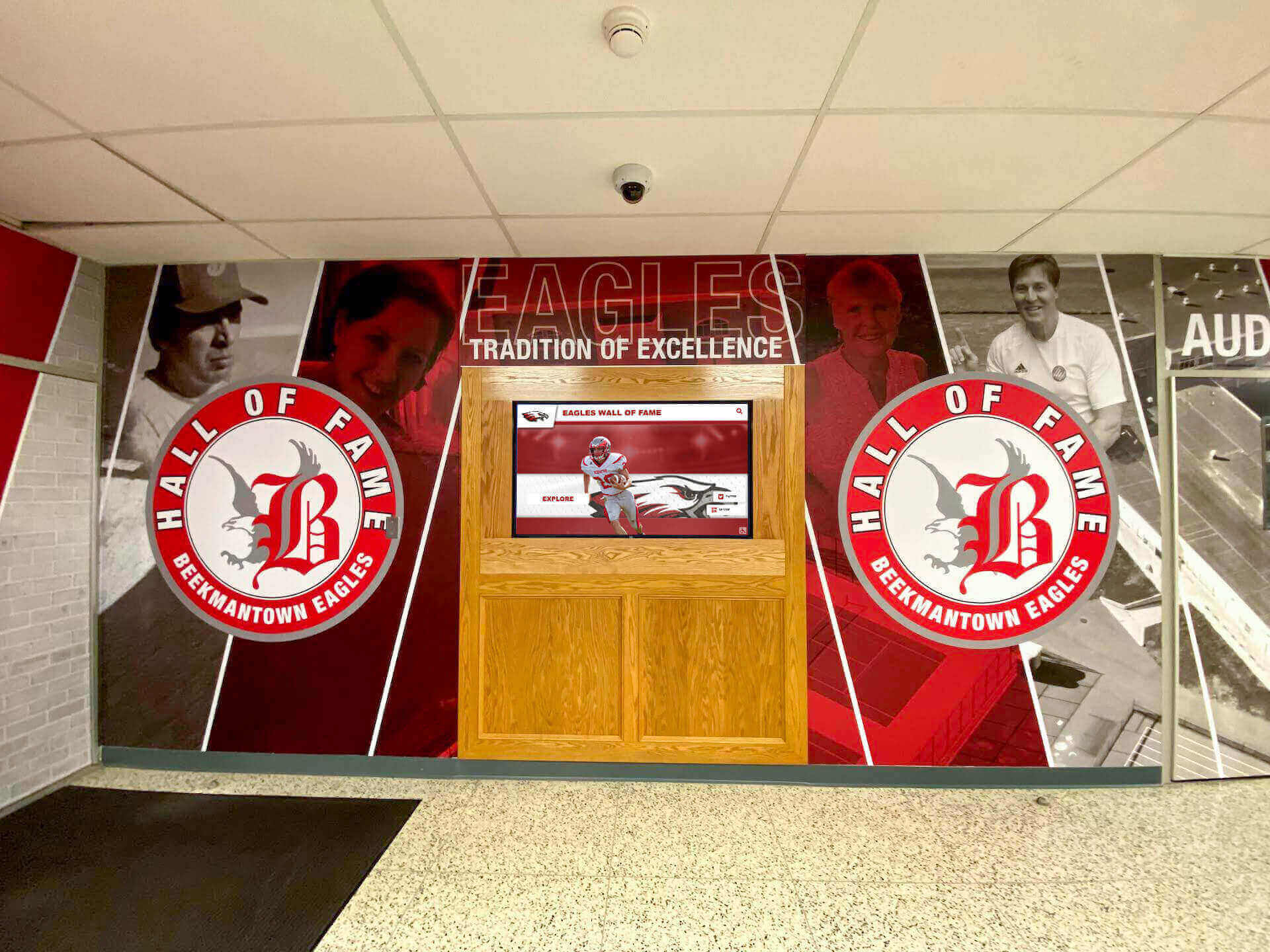
Engaging Instructional Methods
Effective chess instruction balances multiple teaching approaches keeping students engaged:
Lecture and Demonstration
- Faculty advisor or strong student explains concepts using demonstration board
- Shows example games illustrating principles
- Discusses thought processes behind strong moves
- Answers questions and clarifies confusion
Interactive Puzzle Solving
- Students work through tactical puzzles individually or in small groups
- Competitions to see who solves puzzles fastest
- Discussion of multiple solution paths
- Progressive difficulty matching skill development
Simultaneous Exhibitions
- Strong player (advisor, visiting coach, advanced student) plays multiple opponents simultaneously
- Demonstrates practical application of concepts
- Allows weaker players to learn from stronger player’s thinking
- Creates memorable experiences and club culture
Game Analysis Sessions
- Students share interesting games they played
- Group discusses critical decisions and turning points
- Faculty advisor or strong players provide insights
- Learning from both victories and defeats
Online Training Integration
- Quality chess platforms (Chess.com, Lichess.org) offer free instructional content
- Students complete assigned lessons or puzzles for homework
- Online play supplements club meetings with additional practice
- Coaches review students’ online games remotely
Tournament Participation and Competition
Competitive chess provides motivation, measures improvement, and creates memorable achievement experiences that students remember for years.
School-Level Tournaments
Intramural Competitions
School-hosted tournaments create low-pressure competitive experiences for students hesitant about external competition:
- Round-robin or Swiss-system formats ensuring everyone plays multiple games
- Skill-level divisions (beginners, intermediate, advanced) for fair competition
- Trophies, medals, or certificates recognizing performance in each division
- Spectator-friendly locations allowing schoolmates and families to watch
- Analysis sessions after tournaments reviewing critical games
These internal tournaments build competitive experience while reinforcing that chess is a valued school activity deserving celebration equal to other competitive programs.
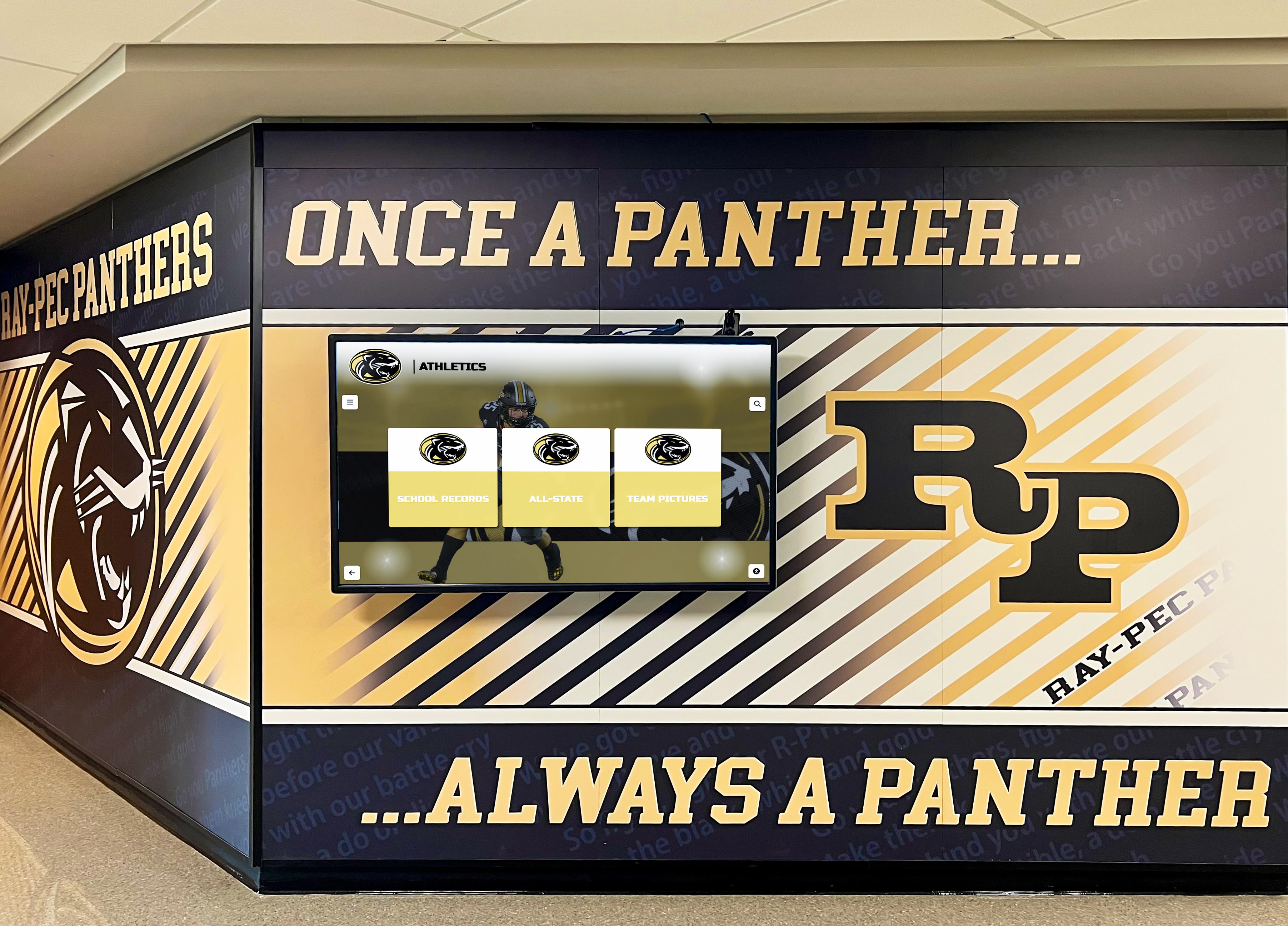
Regional and State Championships
As students develop skills, participation in scholastic tournaments beyond school provides expanded competition and achievement opportunities:
Local Tournaments
- Weekend scholastic tournaments hosted by regional organizations
- Section divisions by grade level and rating ensuring appropriate competition
- Exposure to tournament atmosphere and time controls
- Opportunities to earn official chess ratings
State Scholastic Championships
- Annual state championships in most states
- Team and individual competitions
- Qualification pathways to national championships
- Significant achievement recognition for top performers
National Championships
- K-12 National Championships hosting thousands of students
- SuperNationals (every four years) as scholastic chess premier event
- Prestigious achievement for qualifiers
- College scholarship opportunities for top performers
Schools supporting tournament participation typically assist with:
- Entry fee funding through activity budgets
- Transportation to regional tournaments
- Tournament preparation and coaching
- Recognizing tournament achievements in school communications
- Connecting competitive success with broader student recognition programs
Team Competition Formats
Team chess creates additional competitive structures emphasizing collaboration:
School Team Matches
- Dual matches against nearby schools
- Four-player teams competing simultaneously on separate boards
- Board assignment by strength (board 1 strongest, board 4 developing players)
- Team scoring combining individual game results
- School pride element beyond individual achievement
League Competition
- Season-long leagues with regular matches
- Cumulative standings tracking team success
- Playoffs for league championships
- Season-long narrative and rivalry development
Team formats encourage stronger players to mentor developing teammates since team success depends on depth across all boards. This collaborative element balances chess’s individual nature while building club cohesion and school pride.
Recognizing Chess Excellence and Building Program Culture
Just as schools celebrate athletic championships and academic honors, chess achievements deserve prominent recognition demonstrating institutional values around intellectual competition and strategic thinking.
Traditional Recognition Approaches
Chess Trophy Cases and Plaques
Physical recognition displays communicate that the school values chess alongside other achievement areas:
- Trophy cases displaying tournament trophies, team championship awards, and championship boards
- Plaques listing state champions, tournament winners, and highest-rated players
- Recognition boards showing annual top performers in various divisions
- Team photos documenting competitive squads throughout years
- Championship certificates and award displays
Strategic placement of chess recognition in main lobbies or alongside athletic and academic displays demonstrates institutional commitment to celebrating diverse excellence. When students see chess achievements prominently displayed, they understand the activity merits serious pursuit and can lead to meaningful recognition.
Awards Ceremonies and Recognition Events
Formal recognition events celebrating chess excellence create memorable experiences:
- End-of-year chess banquets honoring achievements
- School assembly recognition for tournament champions
- Awards presentations alongside other academic and activity honors
- Induction ceremonies for school chess halls of fame
- Family involvement in celebration of student achievements
These formal recognition experiences communicate to students, families, and school communities that chess excellence represents genuine achievement worthy of celebration equal to accomplishments in other domains.

Modern Digital Recognition Solutions
Digital recognition platforms address limitations of traditional physical displays while providing enhanced capabilities for celebrating chess excellence comprehensively.
Unlimited Recognition Capacity
Traditional trophy cases face space limitations forcing difficult choices about which achievements to display and which to archive. Digital recognition displays provide essentially unlimited capacity, enabling schools to:
- Document every tournament participant, not just champions
- Recognize improvement achievements alongside absolute excellence
- Archive complete program history without space constraints
- Celebrate diverse chess achievements: tournament success, rating milestones, scholarly contributions, mentorship roles
This comprehensive recognition ensures all students receive appropriate acknowledgment rather than limiting visibility to a select few top performers.
Rich Multimedia Storytelling
Digital platforms enable multimedia profiles that bring chess achievements to life far more effectively than static plaques:
- Game Notation: Publishing students’ best games with annotation explaining key moves
- Video Highlights: Tournament footage, post-game interviews, or analysis explanations
- Photo Galleries: Tournament action shots, team photos, award ceremonies
- Achievement Timelines: Showing rating progression, tournament results, skill development
- Personal Narratives: Students describing their chess journeys, favorite games, learning experiences
These rich profiles provide inspiration and concrete models for developing players while creating compelling content that engages families, alumni, and the broader school community.
Interactive Exploration and Accessibility
Touchscreen interfaces enable visitors to explore chess achievements through intuitive navigation:
- Search for specific students, years, or tournaments
- Filter by achievement type, rating level, or competition tier
- Explore related students through team connections
- Access complete program history through comprehensive archives
- Share achievements via social media or email
This interactivity transforms passive displays into engaging experiences where students spend meaningful time exploring chess excellence and envisioning their own potential achievements. Research shows digital recognition displays generate 5-7 times longer engagement compared to traditional static recognition.
Easy Updates and Maintenance
Digital recognition systems enable immediate updates as achievements occur:
- Add tournament results Monday morning after weekend competitions
- Update rating lists as official ratings publish monthly
- Feature current season highlights prominently during active competitive periods
- Maintain accurate, current information without physical plaque orders or installation labor
Cloud-based content management allows chess advisors to update recognition from any computer without technical expertise—ensuring recognition remains current and relevant rather than becoming outdated historical archives students ignore.
For schools implementing comprehensive recognition programs, solutions like Rocket Alumni Solutions provide purpose-built platforms designed specifically for educational recognition including robust capabilities for documenting chess and academic competition achievements alongside athletic and arts recognition.
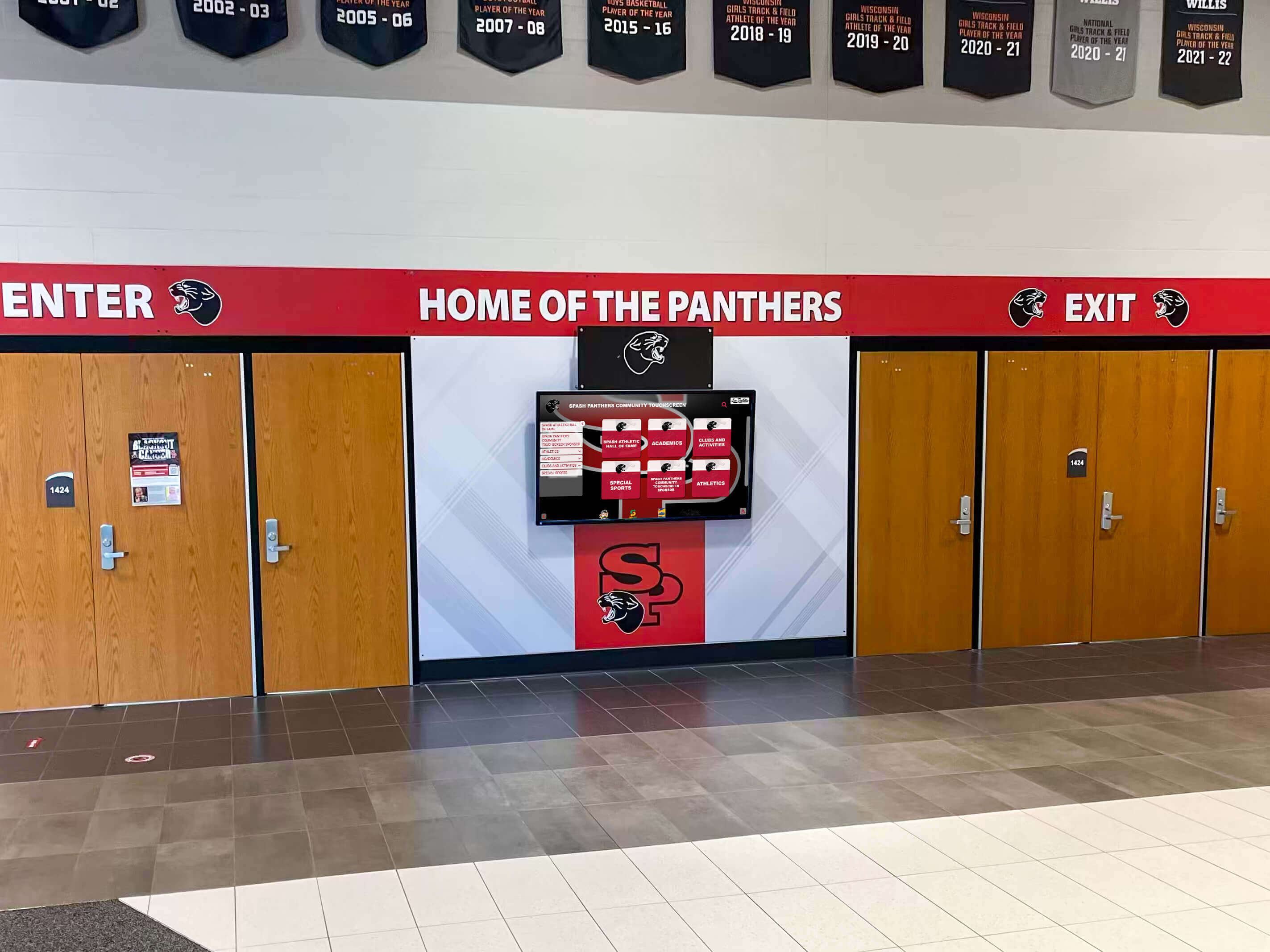
Building Sustainable Chess Program Culture
Successful chess programs become enduring institutional elements rather than temporary initiatives dependent on specific individuals—sustainability requires systematic approaches and institutional support.
Securing Administrative Support
Long-term program success requires genuine administrative buy-in:
Articulating Educational Value
Help administrators understand chess benefits through evidence:
- Share research demonstrating academic performance improvements
- Connect chess skills to institutional goals around critical thinking and problem-solving
- Highlight college admissions advantages for accomplished chess players
- Document student testimonials about chess impact on confidence and achievement
- Demonstrate how chess programs serve diverse students including those not engaged in athletics
Budgetary Support
While chess requires modest funding compared to many activities, sustainable programs need predictable budget allocations:
- Annual equipment replacement and expansion funding
- Tournament entry fees and transportation support
- Instructional materials and technology resources
- Coaching stipends for faculty advisors
- Recognition displays and awards
Schools treating chess as a legitimate competitive program worthy of funding similar to other activities build sustainable excellence rather than depending on individual advocates’ personal resources.
Scheduling and Space Allocation
Administrative support includes providing:
- Regular meeting times during or immediately after school
- Adequate space for club meetings and instructional activities
- Tournament hosting capabilities when appropriate
- Integration into school calendars and communications
- Recognition in handbooks, websites, and marketing materials
Parent and Community Engagement
Family and community support amplifies program success:
Communication and Involvement
Keep families informed and engaged:
- Regular newsletters updating families about meetings, tournaments, achievements
- Open houses where parents can learn about chess benefits and program activities
- Volunteer opportunities: tournament helpers, transportation, fundraising
- Family chess events introducing parents to the game
- Celebration events where families honor student achievements together
Community Partnerships
External partnerships expand program capabilities:
- Local chess clubs providing advanced instruction or simultaneous exhibitions
- Chess professionals offering workshops or coaching sessions
- Businesses sponsoring tournaments, equipment, or awards
- Universities connecting college chess players with school programs for mentorship
- Senior centers creating intergenerational chess competition and learning
Alumni Engagement and Mentorship
Former chess club members represent valuable resources:
Alumni Mentorship Programs
Connect current students with program alumni:
- Former players share their experiences and continued chess involvement
- College chess players return to offer advanced instruction
- Alumni professionals discuss how chess skills support career success
- Mentoring relationships connecting serious players with adult chess enthusiasts
Alumni Support and Giving
Chess alumni often maintain strong affinity for programs that shaped their development:
- Alumni donations funding equipment, tournaments, or scholarships
- Recognition programs celebrating distinguished chess alumni achievements
- Alumni tournament sponsorships or prize donations
- Endowed awards or program elements honoring significant alumni
For schools building comprehensive alumni engagement strategies, chess provides natural connection points as former players frequently maintain lifelong interest in the game and appreciation for programs that introduced them to competitive chess.
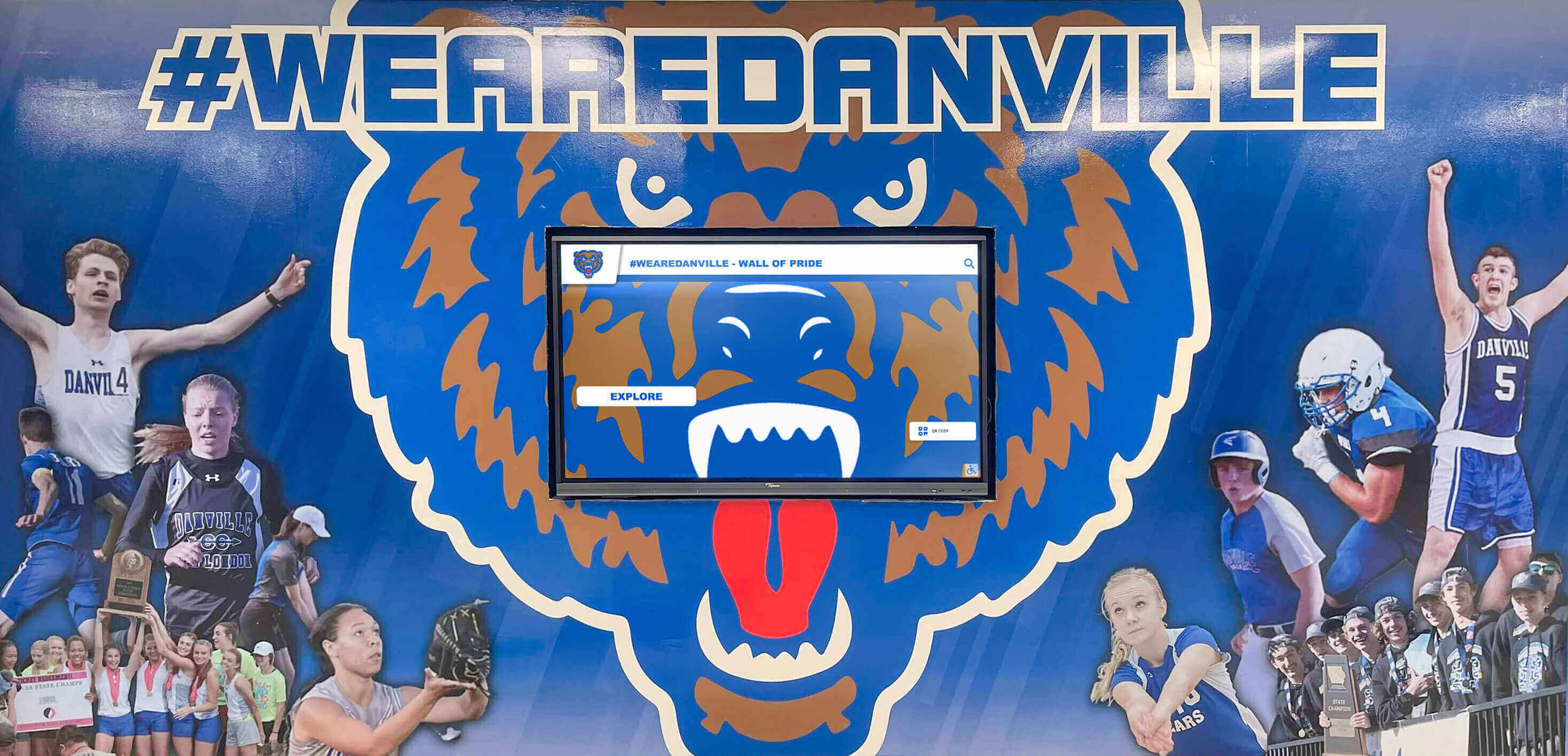
Integrating Chess Across Curriculum
Beyond extracurricular clubs, schools can integrate chess into academic curriculum amplifying educational benefits.
Chess as Educational Tool in Multiple Subjects
Mathematics Classes
Chess provides natural mathematics connections:
- Calculating piece values using numerical analysis
- Probability concepts through position evaluation
- Geometric patterns in pawn structures and piece placement
- Combinatorial analysis counting possible move sequences
- Graph theory principles in position relationships
Mathematics teachers can use chess positions as engaging problem contexts while teaching abstract concepts, helping students see practical applications of mathematical thinking.
English and Language Arts
Chess supports literacy development:
- Writing game annotations explaining strategic thinking
- Analyzing chess literature from instructional books to historical games
- Descriptive writing about chess experiences and learning journeys
- Vocabulary development through chess terminology
- Narrative structure in planning and executing game strategies
History and Social Studies
Chess’s rich history provides interdisciplinary connections:
- Chess origins and spread along ancient trade routes
- Cultural significance in different civilizations
- Cold War chess rivalry between Soviet Union and United States
- Chess as metaphor in literature, politics, and military strategy
- Biography studies of historically significant chess players
Physical Education and Wellness
While primarily intellectual, chess supports holistic wellness:
- Mental fitness and cognitive exercise concepts
- Managing competitive stress and performance anxiety
- Nutrition and rest supporting cognitive performance
- Seated posture and health during extended thinking
- Balance between physical and mental activities in healthy lifestyles
Classroom Chess Instruction
Some schools implement formal chess instruction during regular class time:
Elementary School Chess
Many elementary schools integrate chess into regular curriculum, typically 1-2 times weekly for 30-45 minutes. This systematic instruction ensures all students gain chess exposure rather than limiting opportunities to students choosing extracurricular participation.
Research demonstrates particularly strong benefits when chess instruction begins in elementary grades, as younger children develop fundamental thinking patterns that influence lifelong cognitive approaches.
Middle School Electives
Chess electives allow interested students to pursue deeper engagement:
- Semester or year-long courses for credit
- Progressive curriculum developing serious chess understanding
- Tournament participation as course requirement
- Analysis and reflection assignments reinforcing learning
- Formal assessment of chess knowledge and skill development
High School Advanced Courses
Some high schools offer advanced chess courses:
- AP-level chess courses examining game theory, strategic thinking, historical development
- Independent study options for accomplished players
- Chess coaching certification programs preparing students for teaching roles
- Integration with game theory, mathematics, or psychology coursework

Measuring Chess Program Success
Effective programs include assessment strategies ensuring continuous improvement and demonstrating value to stakeholders.
Quantitative Success Metrics
Participation and Growth
Track program reach and trends:
- Total students participating annually
- Retention rates from year to year
- Distribution across grades, demographics, genders
- Participation growth trends over multiple years
- Tournament attendance and competitive involvement rates
Growing participation demonstrates program health while broad demographic reach shows inclusive success serving diverse students.
Skill Development Indicators
Document student improvement:
- Official chess ratings tracking objective skill growth
- Tournament performance results over time
- Achievement of rating milestones (1000, 1200, 1500, etc.)
- Advancing through skill levels (beginner to intermediate to advanced)
- Tournament victories and top-finish achievements
Measurable skill development validates instructional effectiveness while providing concrete goals motivating student effort.
Competitive Achievements
Celebrate program accomplishments:
- Tournament championships at various levels
- State championship qualifications or top finishes
- National tournament participation or success
- Rating-based achievements (state rankings, percentile standings)
- Team competition successes
Competitive accomplishments raise program visibility while providing compelling content for school recognition programs and community communications.
Qualitative Impact Assessment
Beyond numbers, capture program impact through stories:
Student Testimonials
Collect student perspectives:
- How chess influenced academic confidence and performance
- Social connections made through chess community
- Life lessons learned through competition and improvement
- College application advantages from chess achievements
- Continued chess involvement beyond school years
Faculty Observations
Document teacher insights:
- Academic performance changes in chess participants
- Behavioral improvements in focus, patience, self-control
- Leadership development through chess mentoring roles
- Transfer of chess thinking to classroom problem-solving
- Changes in student confidence and self-efficacy
Parent Feedback
Gather family perspectives:
- Observed changes in student behavior and attitude
- Academic performance improvements attributed to chess
- Family engagement through chess interest
- Appreciation for inclusive achievement opportunities
- Long-term impact on student development
These qualitative stories complement quantitative data while providing compelling narratives for communications, fundraising, recognition programs, and program advocacy.
Addressing Common Implementation Challenges
Understanding predictable obstacles enables schools to navigate them successfully:
Challenge: Limited Faculty Expertise
Solution: Chess expertise proves less critical than organizational commitment and willingness to learn alongside students. Resources supporting non-expert advisors include:
- Online instructional platforms providing structured lessons (Chess.com Schools, Lichess)
- Partnerships with local chess organizations offering coaching support
- Parent volunteers with chess background providing instruction
- Strong student players taking instructional leadership under faculty supervision
- Virtual coaching from remote chess professionals
Many successful programs operate with advisors who learned chess through running programs rather than arriving with expertise.
Challenge: Maintaining Student Engagement Over Time
Solution: Prevent staleness through variety and progression:
- Introduce new formats: bullet chess, blitz tournaments, themed competitions
- Invite guest instructors offering fresh perspectives
- Organize special events: simultaneous exhibitions, blindfold chess demonstrations
- Connect students with external competitive opportunities maintaining excitement
- Recognize diverse achievements beyond just tournament victories
- Use rating systems and milestones creating clear progress markers
- Integrate technology through online platforms and analysis tools
Challenge: Limited Budget Resources
Solution: Chess requires modest funding compared to most activities, with creative approaches stretching resources:
- Seek community donations of used equipment
- Apply for grants from local foundations or chess organizations
- Fundraising events: parent-student tournaments, chess simultaneous exhibitions
- Crowdfunding for specific needs (tournament fees, new equipment)
- Partner with local businesses for sponsorships
- Utilize free online resources for instruction and practice
Challenge: Competition from Other Activities
Solution: Position chess as complementary rather than competing:
- Schedule meetings accommodating athletic team schedules
- Emphasize that chess develops thinking skills supporting all endeavors
- Highlight college opportunities combining athletics and chess
- Feature multi-sport athletes who also play chess successfully
- Market chess as year-round activity filling gaps between sports seasons
Challenge: Gender Imbalance in Participation
Solution: Create actively inclusive environments encouraging female participation:
- Feature accomplished female chess players as role models
- Recognize female achievement prominently and consistently
- Establish girls’ chess sections reducing intimidation barriers
- Partner with organizations promoting girls’ chess
- Address any cultural elements making environment unwelcoming
- Recruit across all student groups through targeted outreach

Conclusion: Strategic Thinking for Lifelong Success
Chess in schools represents far more than a game—it’s a comprehensive educational tool developing critical thinking, strategic planning, resilience, and intellectual confidence that serve students throughout their academic careers and beyond. The measurable improvements in academic performance, behavior, and cognitive capabilities make chess one of the most impactful activities schools can offer, particularly given its modest resource requirements and inclusive accessibility.
Schools implementing robust chess programs create environments where intellectual competition receives celebration equal to athletic achievement, where strategic thinking becomes a valued skill practiced systematically, where students from all backgrounds find achievement pathways, and where the life lessons learned through 64 squares transfer into classrooms, careers, and personal lives.
The investment in chess programming pays dividends in student development, school culture, and community pride. As students master increasingly complex strategic concepts, their growing confidence and analytical capabilities support excellence across all academic areas while teaching invaluable lessons about learning from mistakes, persevering through challenges, and finding success through sustained effort rather than natural talent alone.
Key Principles for Chess Program Success:
- Start with strong organizational foundation and consistent scheduling regardless of advisor expertise
- Serve players across all skill levels through differentiated instruction and activities
- Balance internal school activities with external competitive opportunities
- Recognize chess achievements prominently alongside other school accomplishments
- Secure sustainable administrative support through budget allocation and institutional commitment
- Engage parents and community as partners supporting program success
- Integrate chess thinking across curriculum amplifying educational benefits
- Assess program impact through both quantitative metrics and qualitative stories
- Maintain student engagement through variety, progression, and celebration
- Position chess as inclusive intellectual competition serving diverse students
Schools ready to implement chess programs or enhance existing offerings should remember that successful programs grow organically from modest beginnings through sustained commitment rather than requiring perfect conditions at launch. The students who join chess clubs this year—whether as beginners learning piece movements or advanced players pursuing tournament excellence—will carry the cognitive capabilities, strategic thinking, and resilience developed through chess throughout their lives.
Ready to celebrate your chess program’s achievements with the same prominence as athletic championships and academic honors? Modern recognition solutions like Rocket Alumni Solutions provide comprehensive platforms for documenting chess excellence through multimedia profiles, tournament results, rating progressions, and historical archives that inspire current students while honoring past achievements. Every checkmate, every tournament victory, every rating milestone deserves recognition that demonstrates your school values intellectual competition and strategic excellence.




































